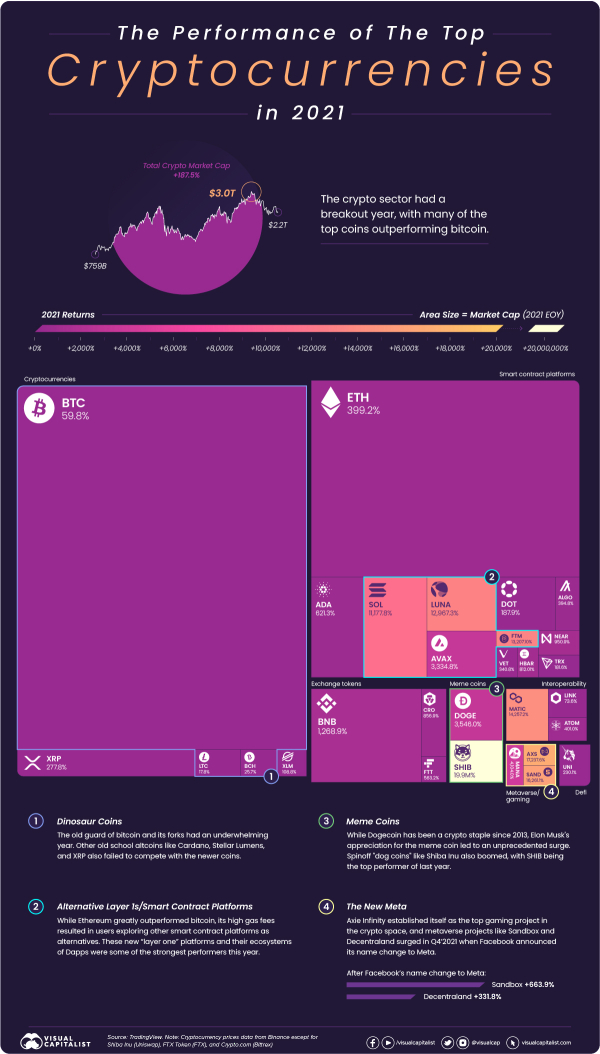When I first got out of Law School in the 1980s, "professionals" didn't type … that was your assistant's job (or the "typing pool," which was a real thing too).
At that point, most people couldn't have imagined what computers and software are capable of now. And if you tried to tell people how pervasive computers and 'typing' would be … they would have thought that you were delusional.
My career has spanned a series of cycles where I was able to imagine what advanced tech would enable (and how businesses would have to change to best leverage those new capabilities).
Malcolm Gladwell suggests that it takes 10,000 hours of focus and effort for someone to become an expert at something. While that is not necessarily true or accurate, it's still a helpful heuristic.
Today, we can do research that took humans 10,000 hours in the time it took you to read this sentence. Moreover, technology doesn't forget what it's learned – As a result, technological memory is much better than yours or mine. Consequently, the type and quality of decisions, inferences, and actions are better as well. Ultimately, we will leverage the increased speed, capacity, and capabilities of autonomous platforms. While that is easy to anticipate, the consequences of these discontinuous innovations are hard to predict. Things often take longer to happen than you would think. But, when they do, the consequences are often more significant and more far-reaching than anticipated.
Still, technology isn't a cure-all. Many people miss out on the benefits of A.I. and technology for the same reasons they didn't master the hobbies they picked up as an adolescent.
I shot a video discussing how to use technology to create a sustainable creative advantage. Check it out.
Many people recognize a "cool" new technology (like A.I.), but they underestimate the level of commitment and effort that mastery takes.
When using A.I. and high-performance computing, you need to ask the same questions you ask yourself about your ultimate purpose.
- What's my goal?
- What do I (or my systems) need to learn to accomplish my goal?
- What are the best ways to achieve that goal (or something better)?
Too many companies are focused on A.I. as if that is the goal. A.I. is simply a tool. As I mentioned in the video, you must define the problem the right way in order to find an optimal solution.
Artificial Intelligence is a game-changer – so you have to approach it as such.
Know your mission and your strategy, recognize what you're committing to, set it as a compass heading and make deliberate movement in that direction.
I end the video by saying, "Wisdom comes from making finer distinctions. So, it is an iterative and recursive process… but it is also evolutionary. And frankly, that is extraordinarily exciting!"
I hope you agree.
Onwards!

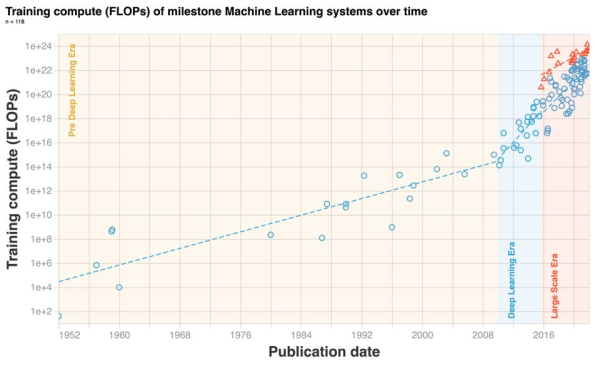
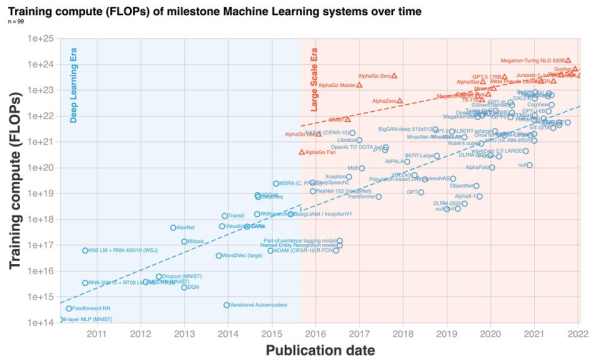

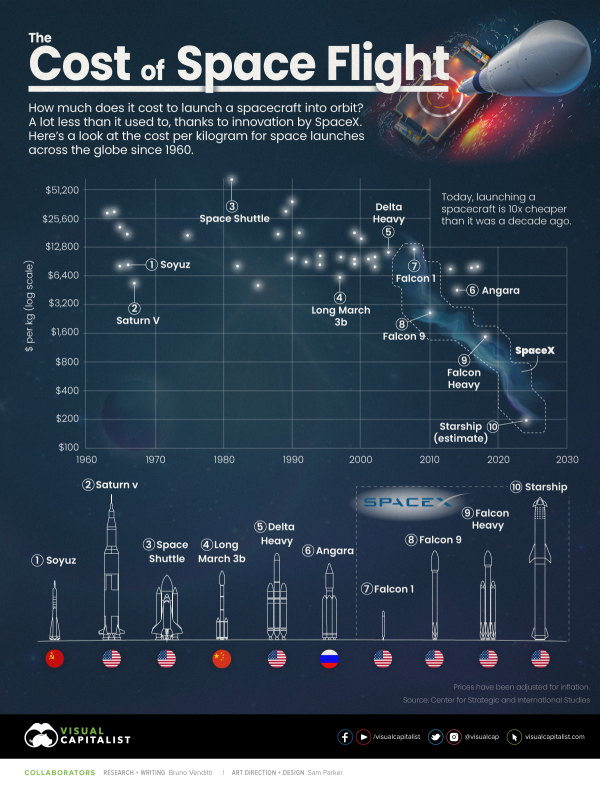 via
via 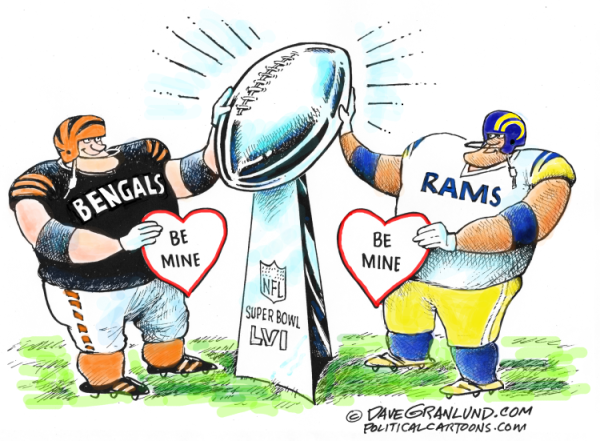
 Reddit via
Reddit via 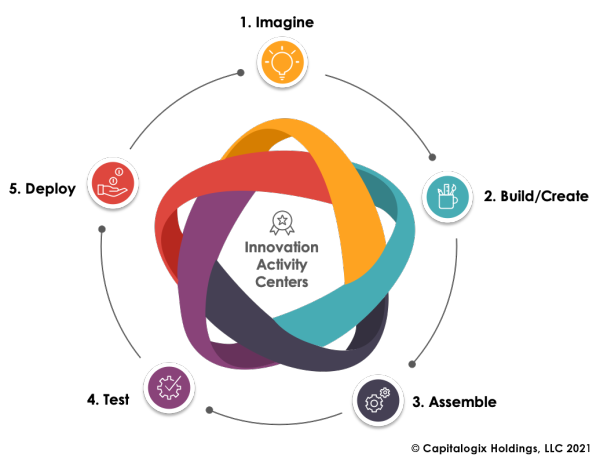

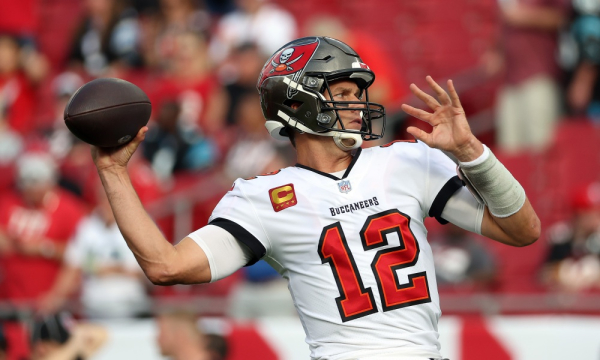


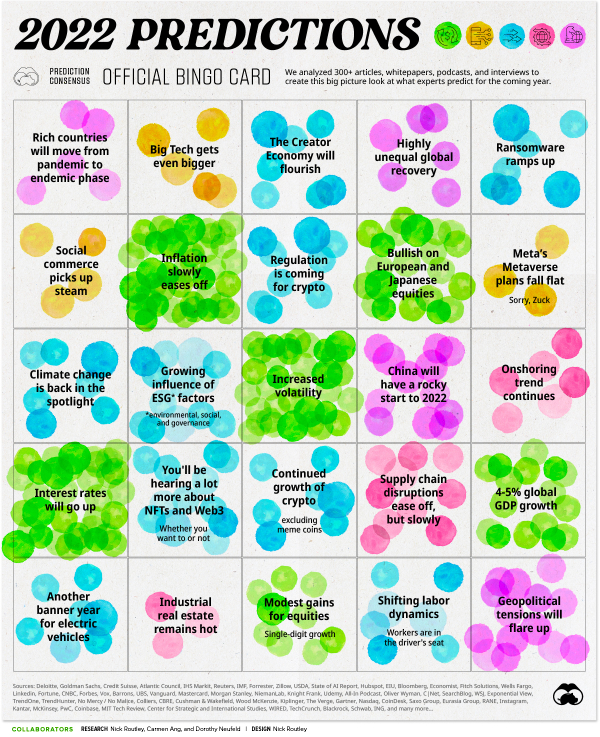 via
via 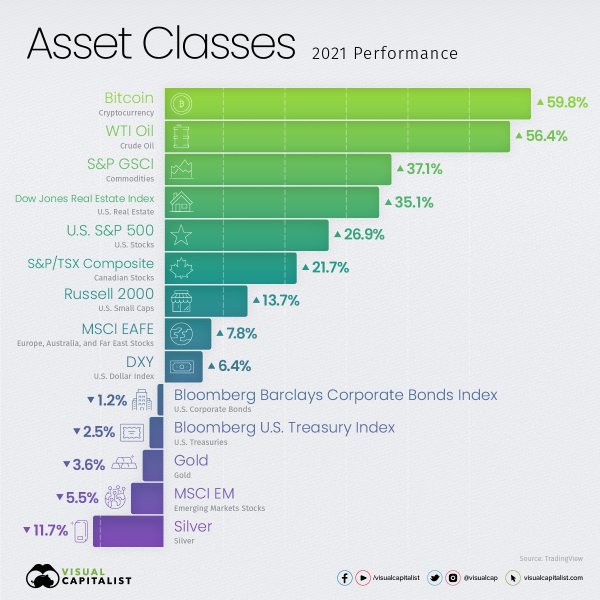 via
via 